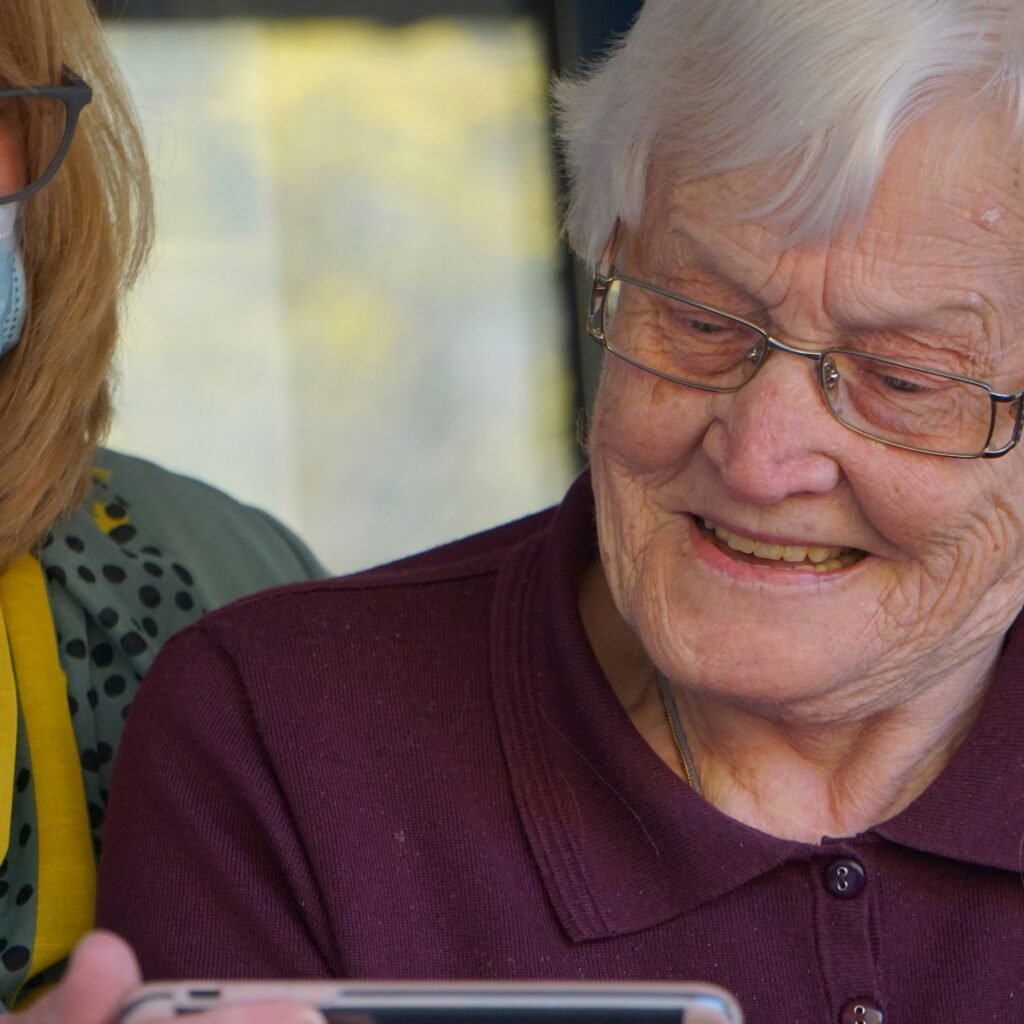
As we age, our health becomes more delicate — and so does the way our body reacts to medicines. For senior citizens, taking the right medicines at the right time is not just a routine, it’s a lifeline. But despite this, there are some common mistakes that many people make — not out of carelessness, but out of habit, confusion, or even a desire to avoid “bothering anyone.”
At Samohi Pharmacy, we understand the quiet struggles that come with growing old. Whether it’s remembering to take a pill or feeling unsure about a new medicine, these small things can have a big impact. That’s why we’re sharing these 5 crucial things that senior citizens, their families, and caregivers should never ignore when it comes to medication.
💊 1. Don’t Guess the Dose — Follow It Precisely
Many seniors have been taking medicines for years. Some feel confident enough to increase or decrease their dosage based on how they feel — “Aaj thoda theek lag raha hoon, do tablet ki zaroorat nahi” or “Zyada pain hai, ek aur le leta hoon.” But the truth is, even minor changes can lead to side effects, low effectiveness, or even hospitalization.
Older bodies process medicine differently. Kidneys, liver, and metabolism slow down with age, making it easier for the drug to accumulate in the body. That’s why:
- Every dose must be followed as prescribed
- Use pill organizers or mobile alarms to stay on schedule
- If you miss a dose, don’t double it — consult your doctor
👨⚕️ Pro Tip: Your pharmacist can help set up a morning-evening medicine chart or blister packs to reduce confusion.
💊 2. Watch Out for Medicine Combinations
Many seniors take 5, 10, sometimes even 12 medicines a day — for diabetes, BP, heart, arthritis, thyroid, digestion, and more. But what many don’t realize is that even over-the-counter medicines, like painkillers or cold tablets, can interact badly with prescription drugs.
For example, combining a simple painkiller with a blood thinner can increase the risk of internal bleeding. Or taking an antacid with thyroid medicine at the wrong time can reduce its effectiveness.
📋 What to do:
- Maintain a written list of all current medicines
- Share it with every new doctor or healthcare provider you visit
- Ask your pharmacist: “Kya yeh medicine safe hai mere liye?”
💊 3. Don’t Keep Expired Medicines “Just in Case”
We’ve all seen it — a drawer full of old tablets, some expired, some broken, and some with faded labels. Many elderly patients keep them thinking, “Zarurat padegi toh kaam aayegi” or “Pehle bhi yehi medicine liya tha.”
But expired medicines can be dangerous:
- They may lose their power and stop working
- Some can change chemically and cause harm
- Using the wrong strip (confused with similar-looking ones) can lead to serious mistakes
🗑️ Clean out your medicine stock every 3–6 months. Samohi Pharmacy offers safe medicine disposal advice and can help you reorder fresh stock with discounts on long-term medicines.
💊 4. Never Ignore Side Effects — Your Body is Speaking
Dizziness, confusion, constipation, muscle pain, dry mouth, or unusual sleep patterns — these are not always signs of old age. They may be side effects of your medication. Sadly, many seniors ignore them thinking it’s just a part of life or old age catching up.
But every new symptom deserves attention.
💬 “Amma ko roz subah chakkar aate hain jab BP ki tablet leti hain”
💬 “Baba ko dawai ke baad haath kaanpte hain, but woh kehte hain sab theek hai”
These are red flags.
📞 Talk to your doctor or pharmacist. There may be a better alternative with fewer side effects. Seniors don’t need to suffer in silence — better care is possible.
💊 5. Keep Monitoring — Medicine Alone is Not Enough
Medicines are effective only when combined with regular health monitoring. A sugar tablet without checking your sugar levels can be risky. A BP medicine without tracking your pressure may not be doing the job.
🌡️ Encourage seniors to:
- Check BP twice a week (or daily if advised)
- Monitor blood sugar before/after meals
- Use simple home devices like thermometers, pulse oximeters, and weighing scales
- Maintain a small health diary for daily readings
At Samohi Pharmacy, we stock easy-to-use home health devices and offer guidance on how to use them — perfect for independent seniors or caregivers.
❤️ Final Thoughts: Take Care with Love, Not Fear
Caring for senior citizens is not just about medicines and doctor visits. It’s about listening to their unspoken concerns, respecting their experience, and making their health journey simple, safe, and dignified.
At Samohi Pharmacy, we walk this journey with you — step by step. Whether it’s:
- Helping a senior order medicine on WhatsApp
- Delivering it to their home within 24–48 hours
- Offering 15–20% savings on long-term medicines
- Or just answering their call when they feel unsure…
We’re not just a pharmacy. We’re your partner in care.
🏠 If you have a senior loved one at home:
✅ Talk to them about their medicines
✅ Visit the doctor together when possible
✅ Don’t ignore “small” complaints — they might be signs of something bigger
✅ Keep their medicine cabinet clean and organized
And remember: Every medicine tells a story. Make sure it’s a safe and happy one.

